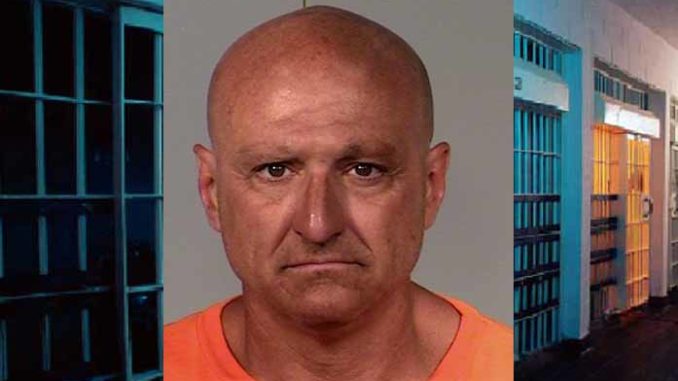
A man convicted more than 30 years ago for a series of rapes and armed robberies in Pima County was properly denied his third request for DNA testing of old crime scene evidence, the Arizona Court of Appeals ruled this week.
James Lee Hess was found guilty by a jury in 1989 of multiple counts of sexual assault, kidnapping, and armed robbery committed over 10 days in October and November 1988. He was sentenced by a Pima County judge to life prison with the possibility of parole.
Hess’s convictions stem from four armed robberies during which he raped or tried to rape several women. His life sentence was upheld on appeal and he was denied further relief in response to a 1996 petition for post-conviction relief.
In 2003, Hess was granted an opportunity to have some DNA testing conducted that was not possible 15 years earlier. But an evidentiary hearing based on the test results did not lead to a new trial.
Another request by Hess for additional DNA testing in 2016 was denied by the trial court in a decision upheld by the Arizona Court of Appeals. Then in July 2020, Hess filed yet another petition for post-conviction relief, arguing that further advances in DNA technologies since 2003 could “identify the true perpetrator of these crimes.”
Judge D. Douglas Metcalf, the most recent Pima County judge assigned to the three-decade-old case, denied Hess’s request. The judge noted Hess had not shown a reasonable probability “that DNA testing would change the outcome of the case.”
Court records show Hess then petitioned to the court of appeals for review of Metcalf’s ruling. On April 21, a three-judge panel unanimously ruled Hess failed in his burden to assert grounds sufficient to warrant relief.
“Hess has identified no evidence suggesting further testing would identify a specific person,” the decision reads. “Moreover, Hess has already unsuccessfully sought post-conviction relief based on substantially the same theory.”
The appellate decision also supported Metcalf’s decision to deny Hess with a court-appointed attorney to handle post-conviction relief efforts.
“In sum, Hess has not established the court erred in denying his request for counsel,” according to the decision. “We grant review but deny relief.”
Records available from the Arizona Department of Corrections show Hess was a suspect in a sexual assault out of Monterey County, California. He also has an active detainer warrant recorded in 1995 by the U.S. Marshals Service for an unspecified matter.
